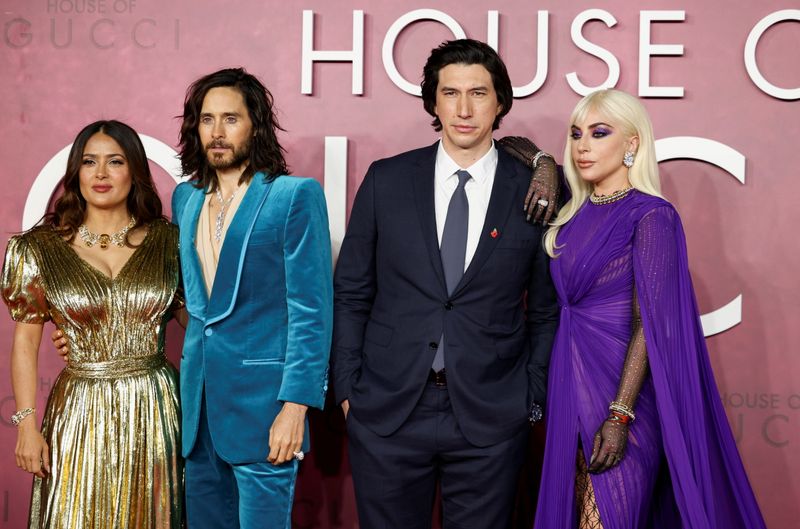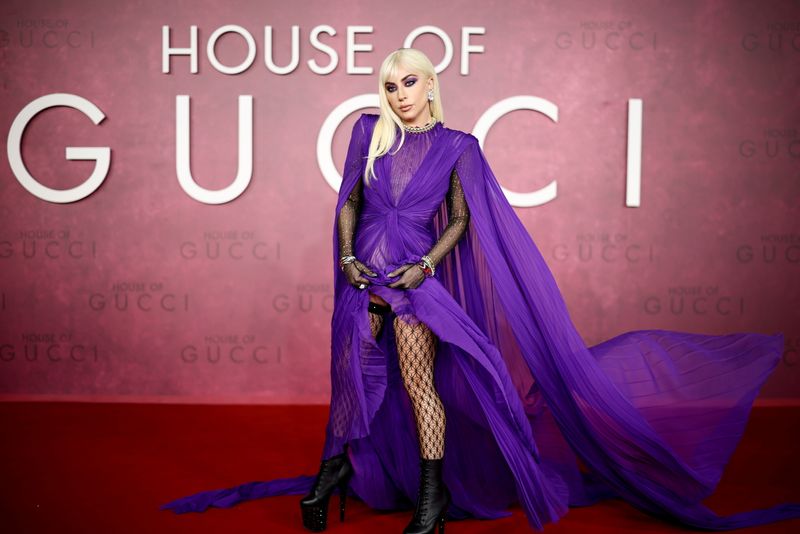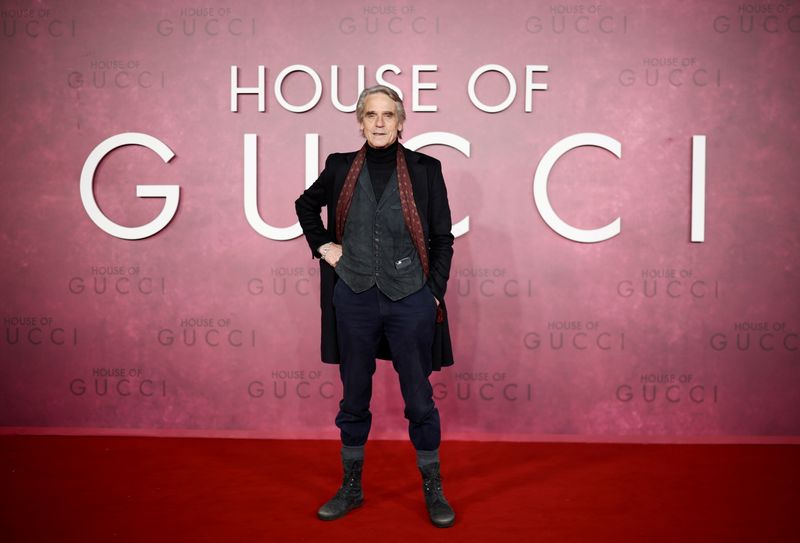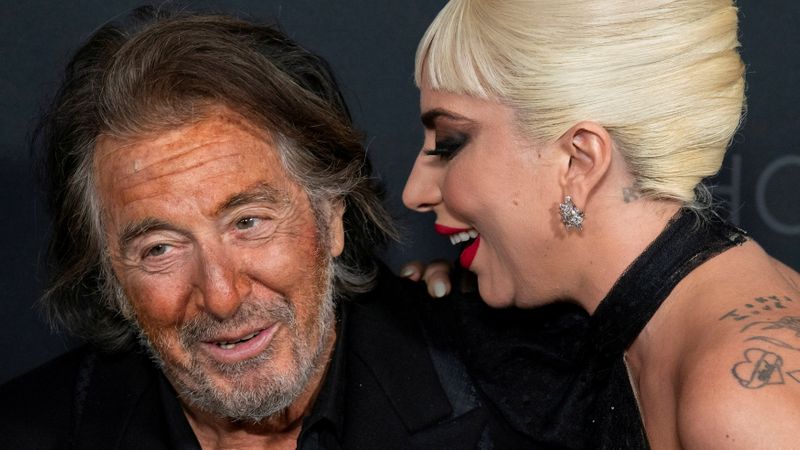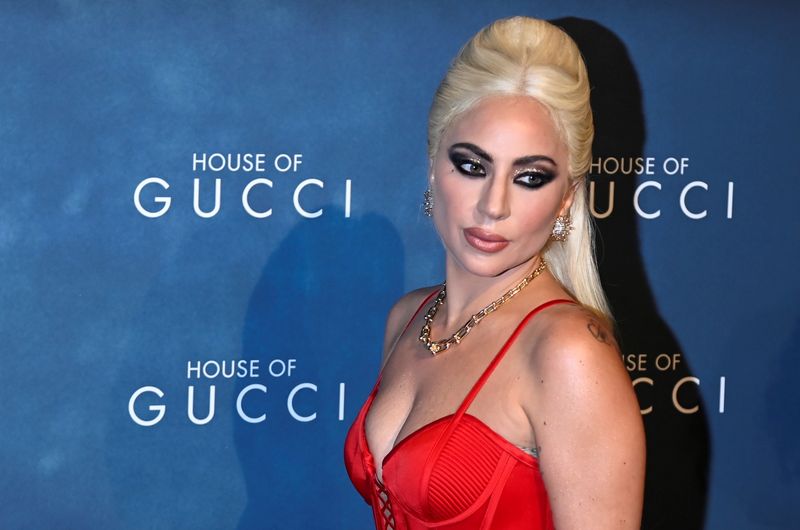(Fixes typo in headline)
FLORENCE, Italy (Reuters) – The heirs of Aldo Gucci, the man who transformed the Florentine label into a global phenomenon, are not happy at the way their family is portrayed in Ridley Scott’s “House of Gucci” film, which stars Lady Gaga, Adam Driver and Al Pacino.
The film, which opened last week in cinemas worldwide, centres on the murder of family scion Maurizio Gucci, who was gunned down in 1995 in the hall of his elegant Milan office by a hitman hired by his estranged wife, Patrizia Reggiani.
Jeremy Irons, who plays patriarch Rodolfo Gucci, said in an interview with Reuters this month the story was irresistible, calling it “bold, and brazen and blingy, Italian”.
The descendants of Aldo Gucci, son of company founder Guccio Gucci, begged to disagree.
“Despite the claim that the work seeks to tell the ‘true story’ of the family… the film conveys a narrative that is anything but accurate,” they said in a statement.
“The film’s production did not bother to consult the heirs before describing Aldo Gucci – president of the company for 30 years – and the members of the Gucci family as thugs who were ignorant and insensitive to the world around them.
“This is extremely painful from a human point of view and an insult to the legacy on which the brand is built today.”
The family took particular issue with what they said was the film’s representation of Reggiani, played by Lady Gaga, “as a victim trying to survive in a masculine and chauvinistic corporate culture”.
“This could not be further from the truth. In the 70 years of history in which Gucci was a family business, it was always inclusive. Indeed, precisely in the 1980s – the historical context in which the film is set – there were several women in top positions, and not only family members.”
The family, which no longer has any relationship with the Gucci brand, now part of French luxury giant Kering, said it reserved the right “to take any action necessary to protect the name, image and dignity of themselves and their loved ones”.
(Reporting by Silvia Aloisi and Silvia Ognibene; Editing by Gareth Jones)

